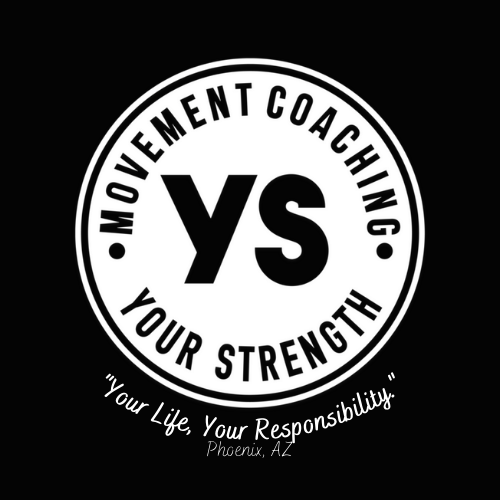Navigating the Complex Relationship Between People and Eating
**Navigating the Complex Relationship Between People and Eating**
Eating is more than just fueling our bodies; it's an experience deeply intertwined with our physical and mental well-being. However, this relationship between people and eating isn't always smooth sailing. From disordered eating patterns to navigating the complexities of aging, food can become a source of stress rather than nourishment. In this blog, we'll explore the intricacies of our relationship with food and how it impacts our overall health.
**Understanding Disordered Eating**
Disordered eating encompasses a range of behaviors that are not conducive to overall health and well-being. It's essential to recognize that being labeled as having disordered eating doesn't define you as a person. Instead, it highlights a set of actions that may be detrimental to your health. Whether it's self-soothing with food, using it as a distraction from pain, or feeling socially isolated due to eating behaviors, disordered eating often stems from deeper underlying issues.
Symptoms of disordered eating can manifest in various ways, from the restrictive binge cycle to avoiding social situations that involve food. Orthorexia, an obsession with "clean" eating, is another facet of disordered eating that highlights how our relationship with food can become obsessive and detrimental to our well-being. The constant fixation on food choices can lead to physiological changes in the body, tricking us into feeling hungry and increasing cravings, which can be particularly challenging during life stages like menopause and andropause.
**Navigating Aging and Nutritional Challenges**
As we age, our relationship with food undergoes significant changes. Not only are we faced with physical changes such as tooth loss and cognitive decline, but we also experience shifts in our nutritional needs and abilities to digest and absorb nutrients. Issues like food sensitivities, allergies, and digestive problems become more prevalent, impacting our overall health and well-being.
Nutrition becomes even more critical during later life stages, as many elderly individuals face challenges such as malnutrition due to fixed incomes and limited access to nutritious foods. Additionally, factors like medication contraindications and food sensitivities further complicate dietary choices, highlighting the need for tailored nutrition plans that address individual needs.
**The Importance of Mindful Eating**
In navigating the complexities of our relationship with food, it's crucial to adopt a mindful approach to eating. Mindful eating involves being present in the moment and paying attention to the sensations and emotions associated with eating. By tuning into our body's hunger and fullness cues, we can develop a healthier relationship with food and make choices that support our overall well-being.
Keeping a food journal can be a helpful tool in fostering mindful eating habits. By documenting our food choices and behaviors over time, we gain insight into our eating patterns and can identify areas for improvement. This self-reflection allows us to make informed decisions about our dietary habits and cultivate a balanced approach to nutrition.
In conclusion, our relationship with food is multifaceted and deeply interconnected with our physical, mental, and emotional well-being. By acknowledging the complexities of this relationship and adopting mindful eating habits, we can nourish our bodies, support our health, and cultivate a positive relationship with food that enriches our lives. Remember, you are not defined by your eating habits, but rather empowered to make choices that prioritize your overall health and well-being.









